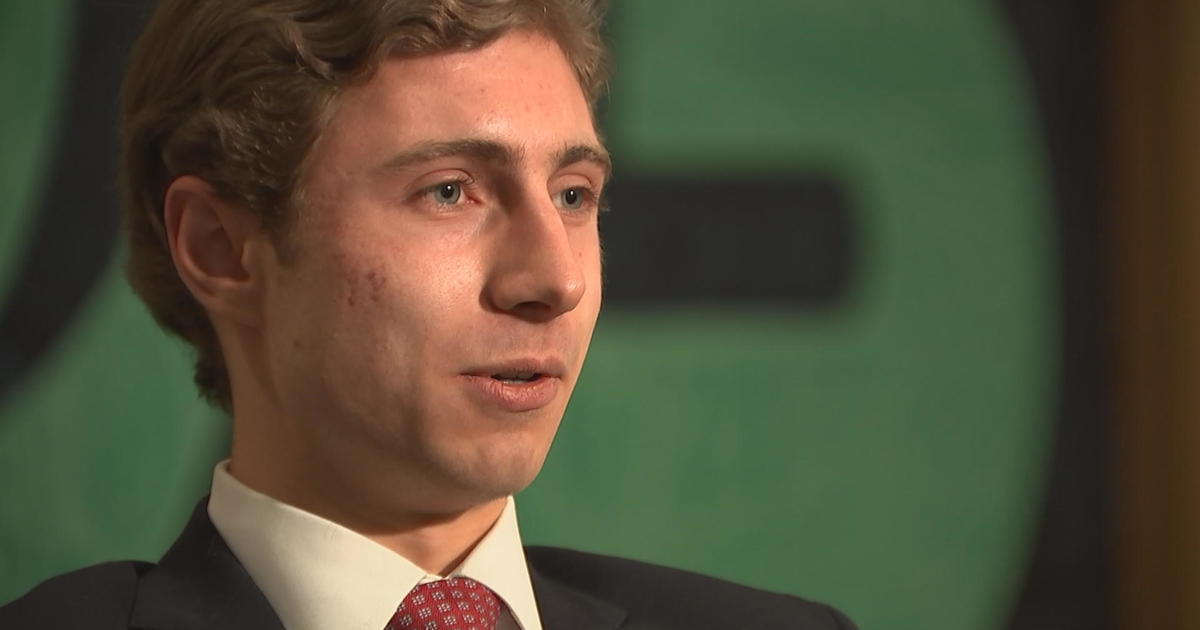Think Outside The Crop Box: How Parents Can Educate Children About Social Media Influencers
Follow CBSPHILLY Facebook | Twitter
PHILADELPHIA (CBS) – The goal of a social media influencer is right in the name of the job title. When it comes to children, those online personalities can have much more of an impact on the decisions they make than their parents.
Before the internet, there was this issue with magazines where images were altered to look perfect. But at least people knew the people in those photos were models.
When it comes to social media, seemingly real people are influencing young people from the way they look to what the buy.
Instagram, through photos and videos, shows life at its most perfect.
Here's a selfie I look … it's OK …
… but I ran it through an app, airbrushed the skin, brightened the eyes, added lashes, lips and tinted the hair and now that first photo can't quite compete.
So-called Instagram influencers, or people paid to perfect their posts and sell products through them, know this game all too well.
"The reality becomes this highly curated version and real reality becomes unacceptable," said Dr. Valerie Braunstein.
Braunstein is a clinical psychologist and says that children and teenagers develop a sense of self-identity through comparing themselves to their peers, but this is dangerous when the comparisons are doctored and therefore, misleading.
"They are just taking the image and thinking well, 'If I eat that, I'll look like that,' rather than thinking critically about, they put that in their hand because they were trying to sell something," Braunstein said.
And selling something has become commonplace on social media. High impact users, or influencers, can charge over $10,000 per sponsored post, according to Forbes.
Young people are eating it up. According to a study by the University of Liverpool, when children were confronted by a social media influencer who was promoting unhealthy food, their unhealthy food intake drastically increased.
"We don't know the full picture," Braunstein said. "We don't really know what they eat or don't eat or if they are feeling happy or if they are not feeling happy. We don't know the whole picture. We only know the image that's provided."
Braunstein says parents can combat this manipulation through conversation.
"I think it's important for parents to say this is a social influencer, this is what a social influencer is," Braunstein said, "and think outside the crop box, what do you think is over here in this picture and what do you think they did to make it look like this?"
And even for adults, it's not always obvious when someone on social media is selling something, but if they are, there is a chance they've never actually used that product.




